
Directed by Sam Mendes and based on tales his veteran grandfather told him, the film relates the story of two British Tommies dispatched to deliver a message to halt an attack and prevent Allied troops from walking into a German trap.
The movie is a triumph of modern-day filmmaking—a captivating story of an oft-overlooked subject that creates the illusion the two-hour experience was shot real-time in one, long continuous take.
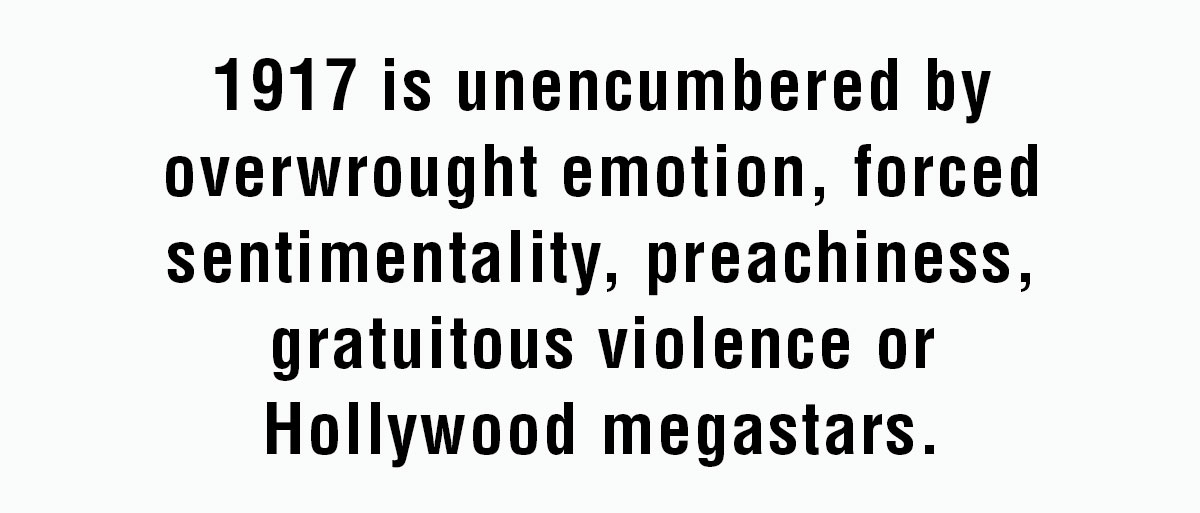
From rat-infested trenches to the desolation and the unimaginable waste of human life and resources, the rich detail brings the film to life with a you-are-there perspective as you accompany the two soldiers on their journey.
It is unencumbered by overwrought emotion, forced sentimentality, preachiness, gratuitous violence or Hollywood megastars (refreshingly, there’s nary an American depicted in the film, giving viewers a sense of what most of the First World War was actually like).
Like westerns, the popularity of war films comes and goes with the shifting times.

In 1970 came what many consider the quintessential anti-war film, Little Big Man, with its genocidal story of the American Indian and less-than-heroic depiction of Custer’s Last Stand, all coming amid an unprecedented social revolution.
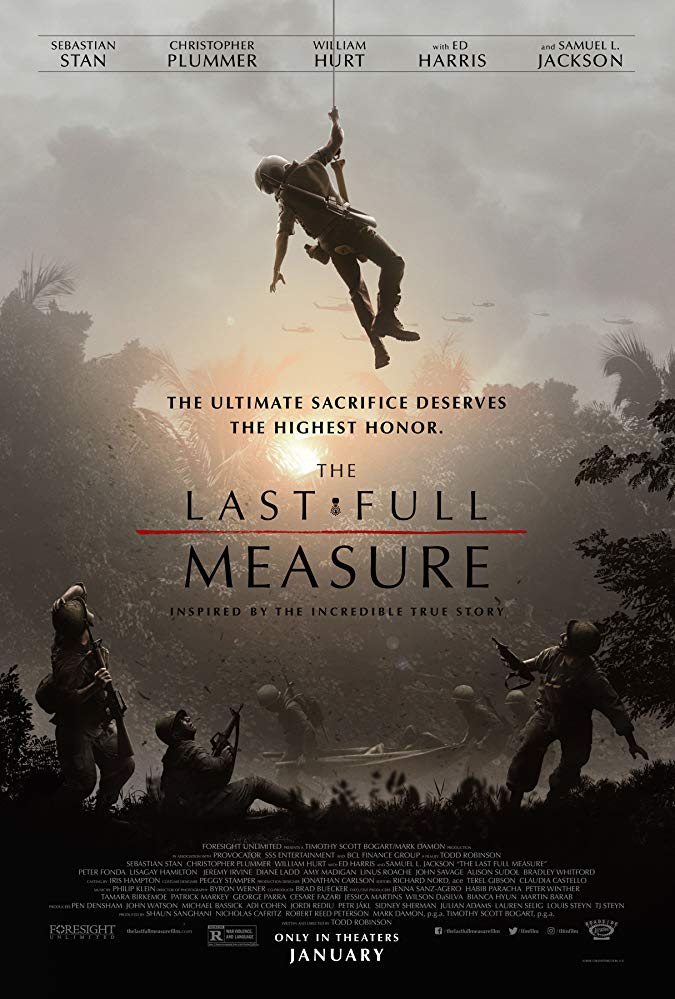
Films such as Das Boot (1981), now an all-new mini-series on CBC Gem, and director Clint Eastwood’s Letters From Iwo Jima (2006) gave raw accounts of what life was like not just at war, but on the other side of war. Glory (1989) told the American Civil War story of the Union Army’s all-black 54th Massachusetts Infantry Regiment.
The genre gained depth and lasting impact with a spate of Holocaust films—Schindler’s List (1993) and The Pianist (2002) among them.
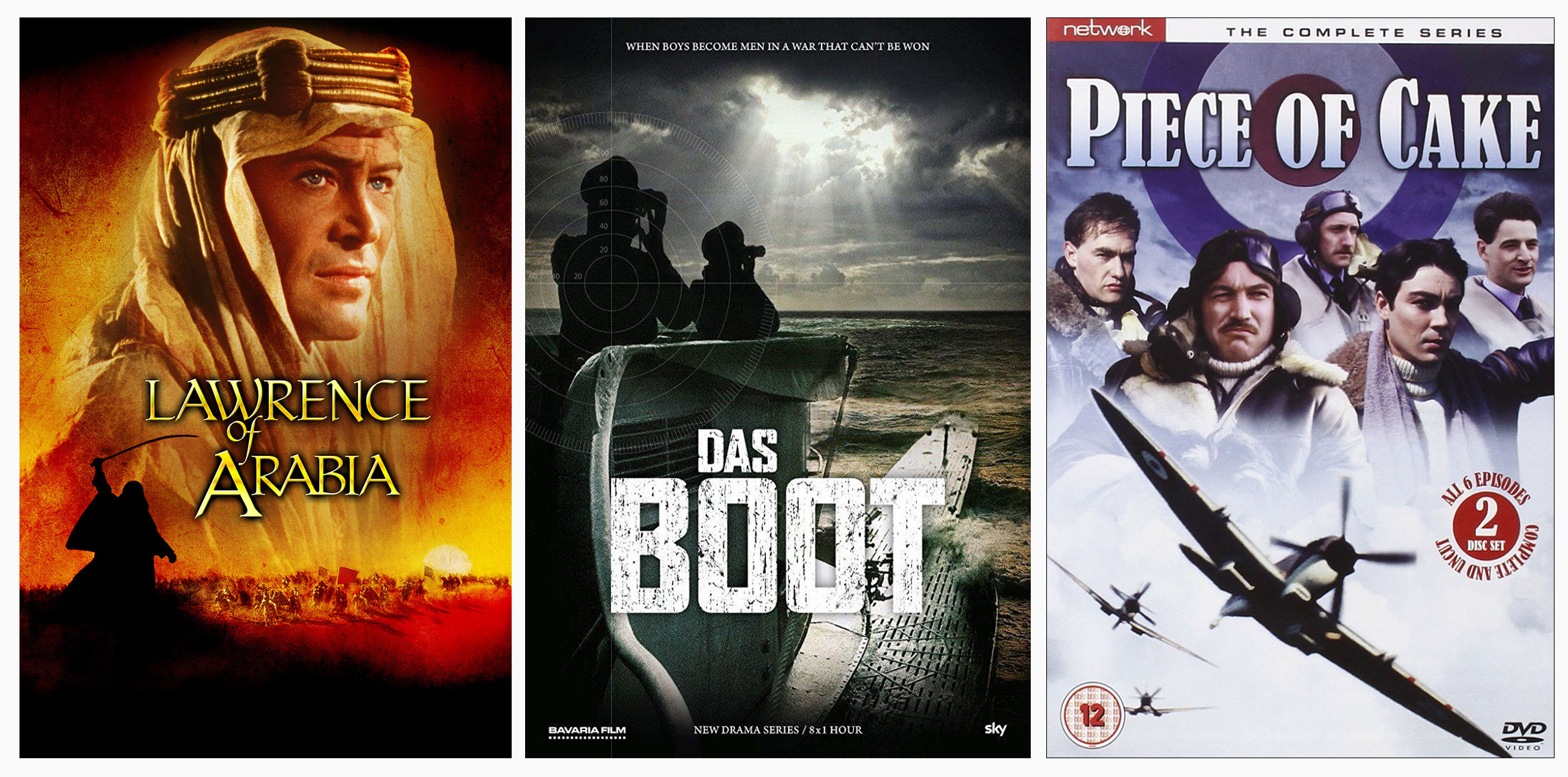
But the war genre was forever changed by one film—Steven Spielberg’s Saving Private Ryan, the 1998 movie that opened with the D-Day assault, then followed a squad of soldiers sent to retrieve the lone remaining brother of a family devastated by loss.
Some called it the most realistic war film ever made. It showed citizen soldiers in a manner like virtually no other film before it—in grim workaday performance of their duties, doing what had to be done without fanfare, minus the Hollywood glory, and with great attention to historical detail.
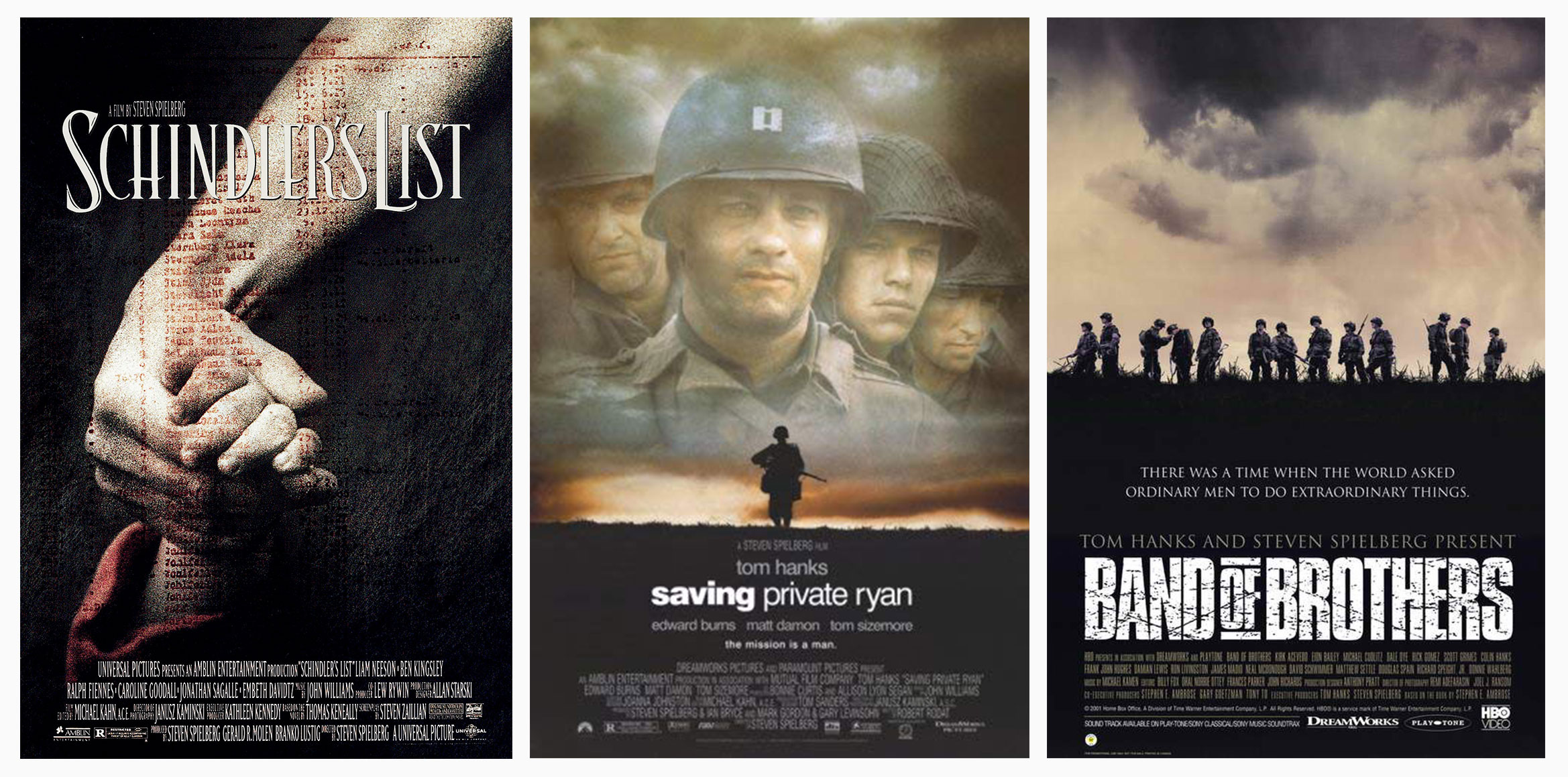
Several films over the years have told the stories of war correspondents, notably the 1980s films The Year of Living Dangerously (1982), Under Fire (1983), The Killing Fields (1984) and Salvador (1986).
More recently, A Thousand Times Good Night (2013) starred Juliet Binoche as a war photographer trying to strike a balance between her career and family. In A Private War (2018), Rosamund Pike delivers an outstanding performance as the late Sunday Times war correspondent Marie Colvin.
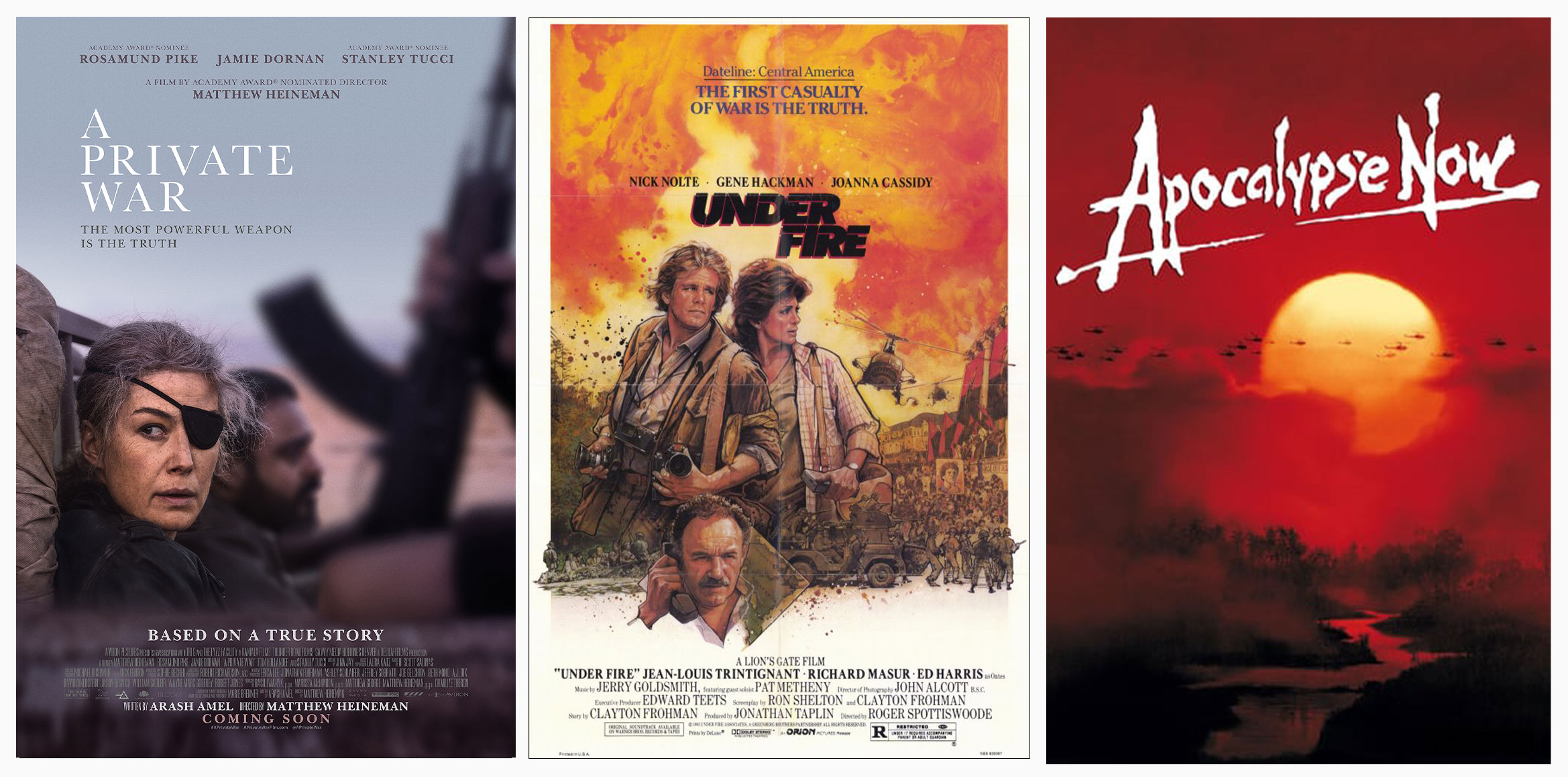

The 100th anniversary of the Armistice that effectively ended the First World War inspired They Shall Not Grow Old. Peter Jackson’s groundbreaking 2018 documentary brought the four-year conflict to life with enriched, colourized footage and actual archival interviews with Great War veterans.
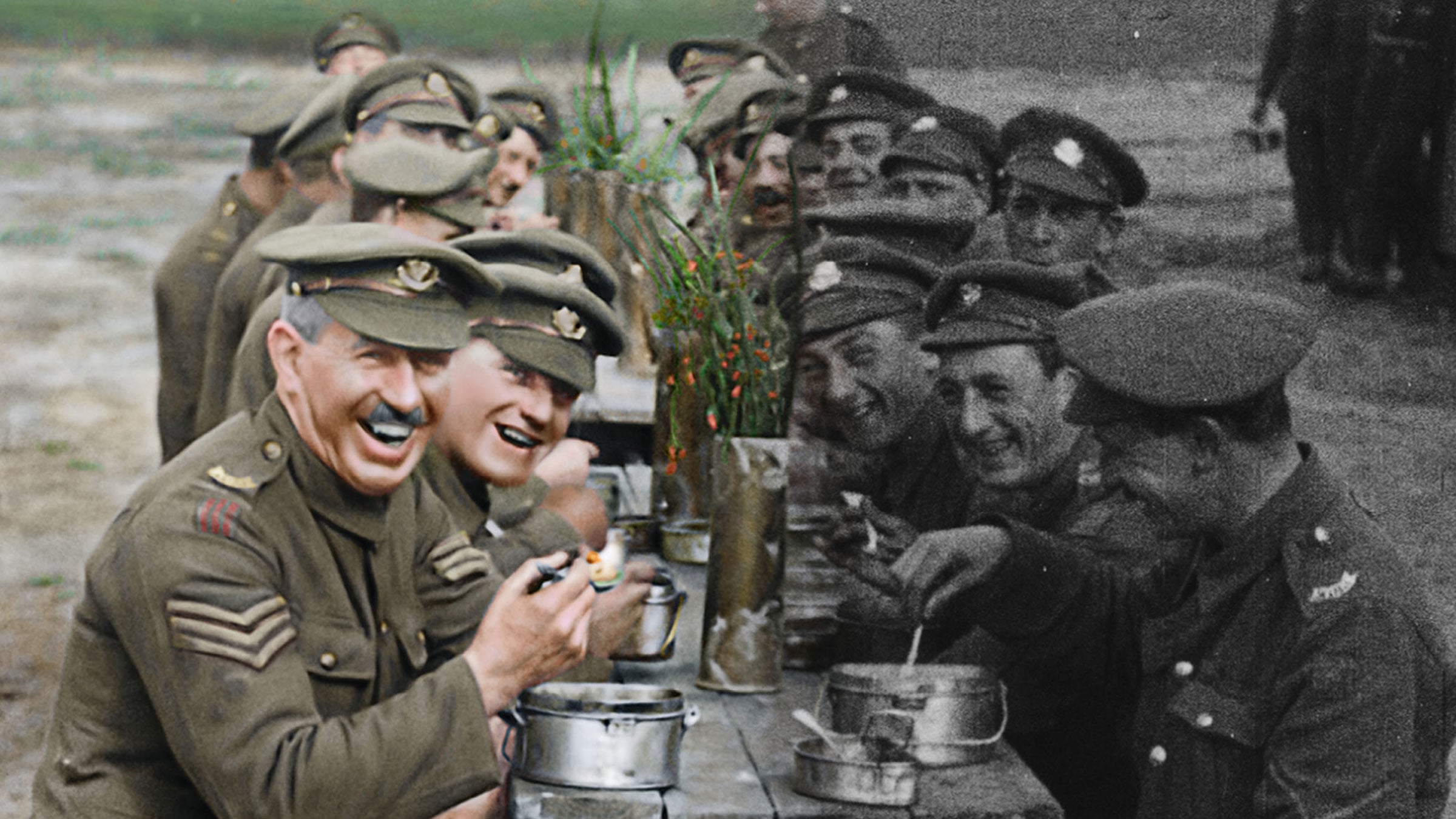
The 2016 film Hacksaw Ridge told the impossible story of Private First Class Desmond T. Doss, who earned the U.S. Medal of Honor by saving the lives of 77 wounded soldiers on Okinawa, despite refusing to bear arms on religious grounds. Doss’s exploits were so astounding, the filmmakers actually toned them down for the movie to make it more believable.
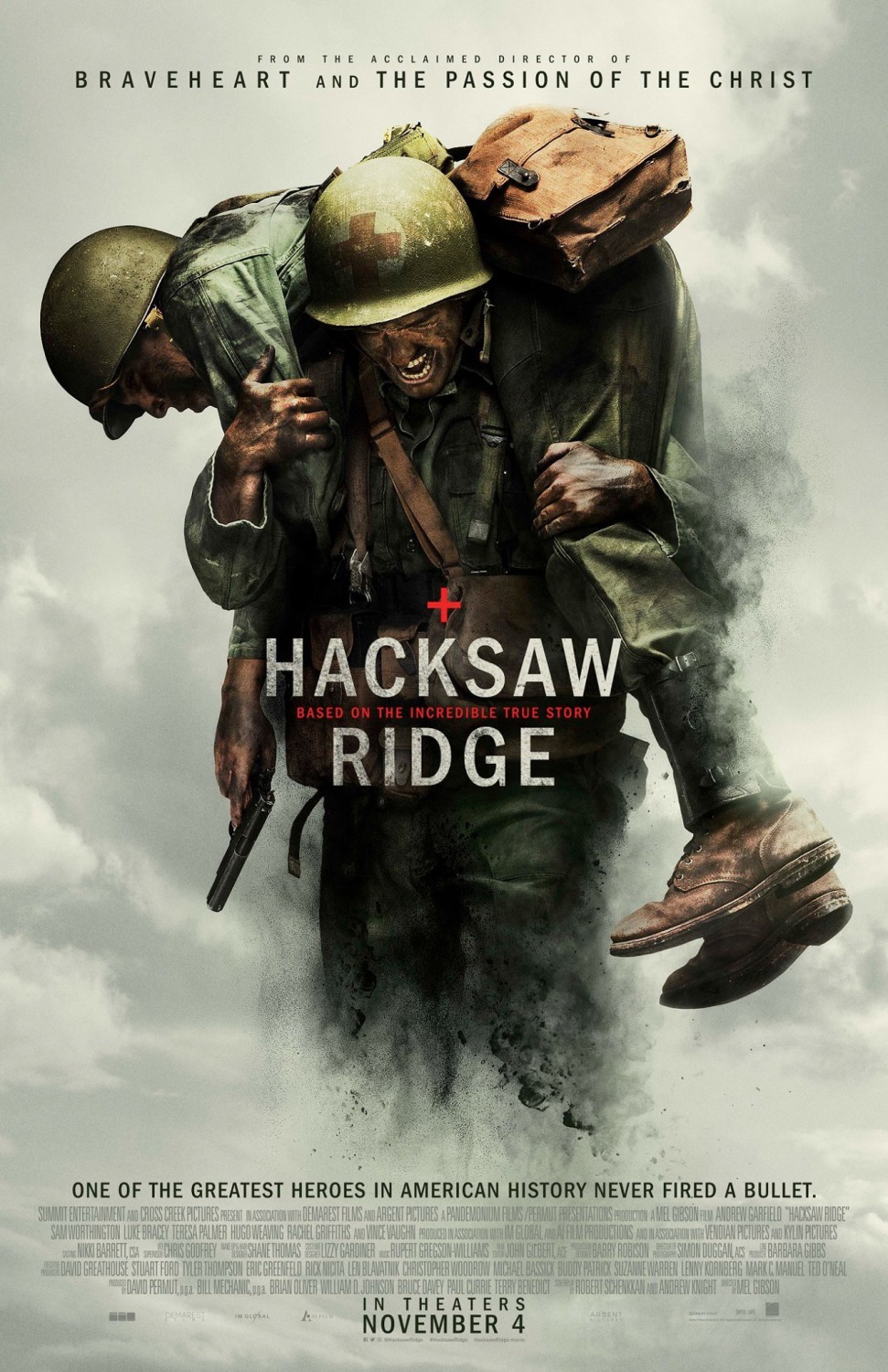
Midway (2019) retells the story of the pivotal battle of the Pacific War, with plenty of help from advanced CGI, for better or worse. The Aftermath (2019) follows a British colonel (Jason Clarke) who oversees the reconstruction of a German city, his wife (Keira Knightley) and the German widower and father (Alexander Skarsgard) whose home they’ve requisitioned.
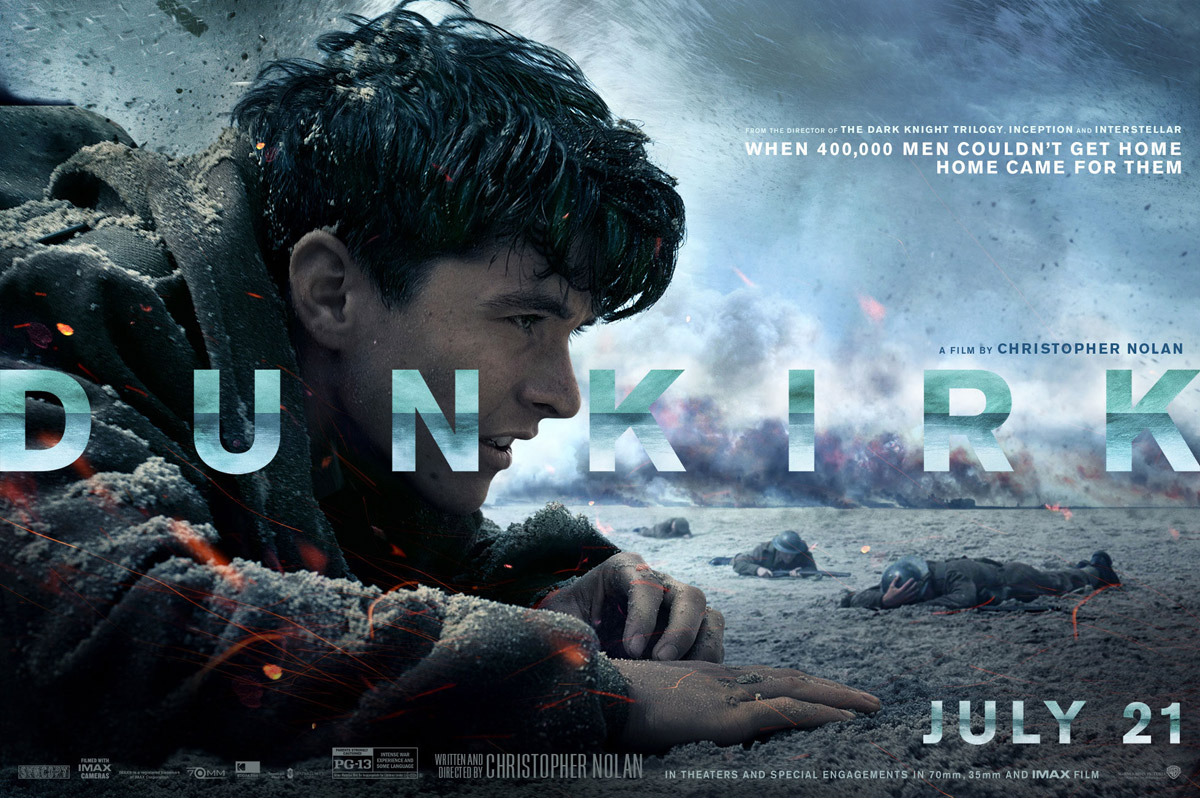
Tom Hanks wrote, produced and stars in Greyhound, a Battle of the Atlantic story based on the C.S. Forester book The Good Shepherd. Filmed on an actual Second World War destroyer, with some scenes shot at sea aboard HMCS Montreal, the much-anticipated movie follows a U.S. Navy commander as he leads a convoy escort through U-boat-infested waters. It is scheduled to open in May.
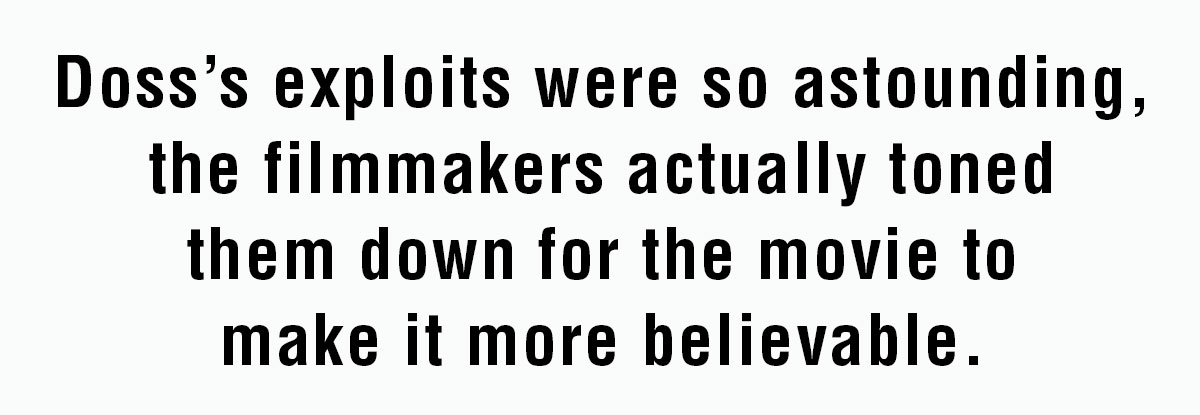
Hanks and Spielberg are teaming up with producer Gary Goetzman for a third instalment in the miniseries they started with Band of Brothers and followed with The Pacific. The rumoured eight-episode series, called Masters of the Air, is the story of the U.S. 8th Air Force in Second World War Europe. It is to air on Apple TV after HBO, which broadcast the first two series, opted out.
Band of Brothers writer John Orloff is adapting the series for television based on the Donald L. Miller book Masters of the Air: America’s Bomber Boys Who Fought the Air War Against Nazi Germany.
Advertisement










